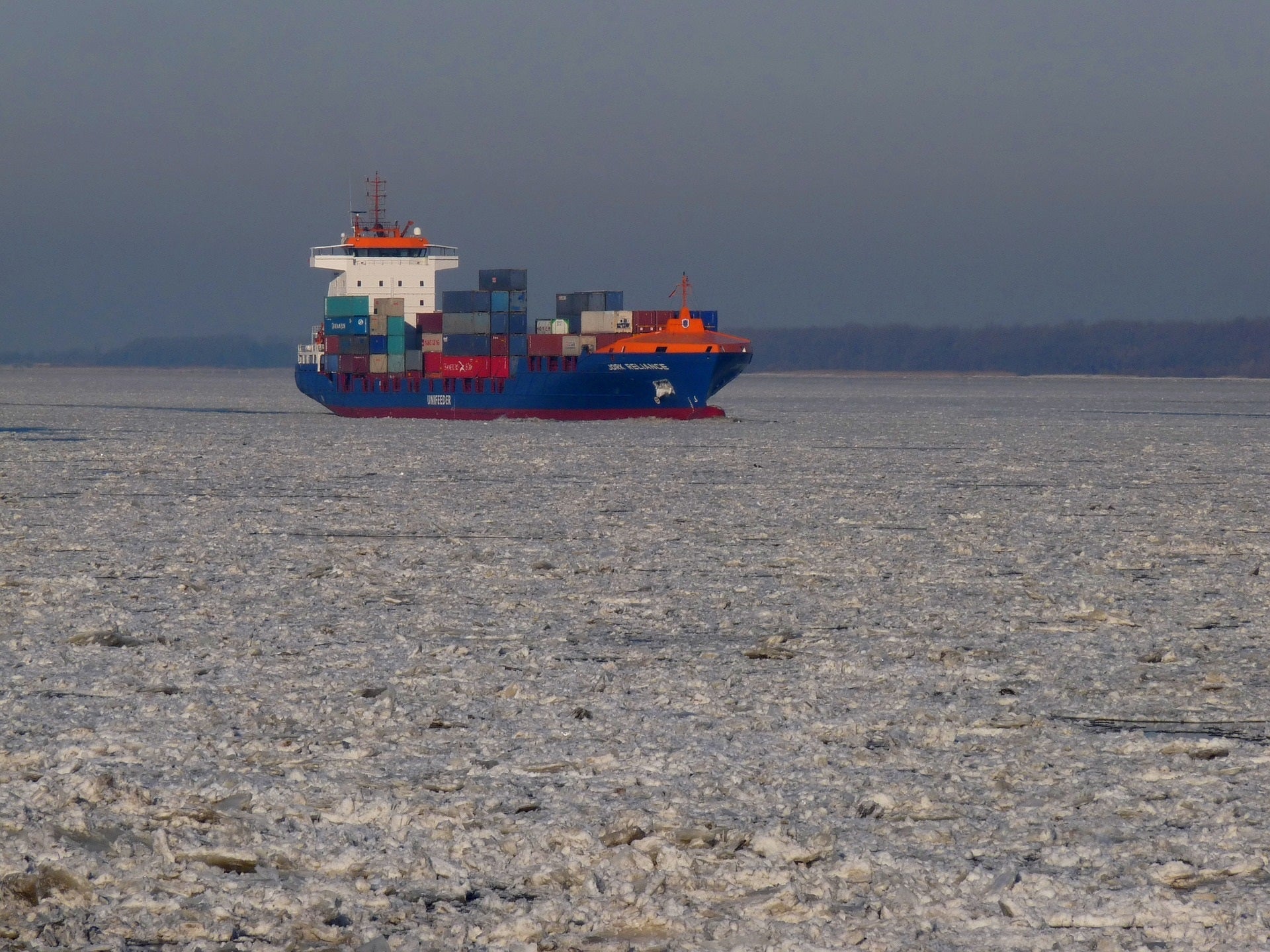
Norway-based engineering and equipment development firm TECO 2030, in partnership with Austrian automotive consulting firm AVL, has successfully concluded the feasibility and concept study on marine fuel cells.
As per its Fuel Cell Development Roadmap, TECO 2030 will now start the next phase of maritime fuel cell development.
This development has been undertaken to help the shipping industry reduce greenhouse gas emissions in compliance with international climate goals.
The International Maritime Organisation (IMO) has set a target of reducing shipping industry carbon emissions by 40% by 2030 and 70% by 2050, in comparison with 2008 figures.
Fuel cells and hydrogen are expected to be essential in the decarbonisation of the maritime industry.
TECO 2030 has developed a modular fuel cell system for heavy-duty marine utilisation, which will help vessels shift from fossil fuels to hydrogen.

US Tariffs are shifting - will you react or anticipate?
Don’t let policy changes catch you off guard. Stay proactive with real-time data and expert analysis.
By GlobalDataTECO 2030 CEO Tore Enger said: “TECO 2030’s Marine Fuel Cell development is going according to plan and has been tested with remarkable results. We are now moving into the next phase together with our Austrian partner AVL. Here, we will develop the stack to the highest marine standard and for dedicated use onboard a ship.”
The basis of the TECO 2030 marine fuel cell system will be the Gen0 fuel cell stack, which is developed by AVL.
Numerous full-size stacks have been tested over the last few weeks.
In the next stage of the project, the stack platform will be tested to meet the lifetime requirements as well as streamlined for marine usage.
AVL fuel cells head Jürgen Rechberger said: “Based on the tests we have executed so far, we are confident that the Gen0 stack, originally developed for challenging heavy-duty truck requirements, will be very competitive in the marine application.”
Earlier this month, Doosan Fuel Cell teamed up with Korea Shipbuilding and Marine Engineering (KSOE) for the development of an eco-friendly fuel cell for vessels in South Korea.



